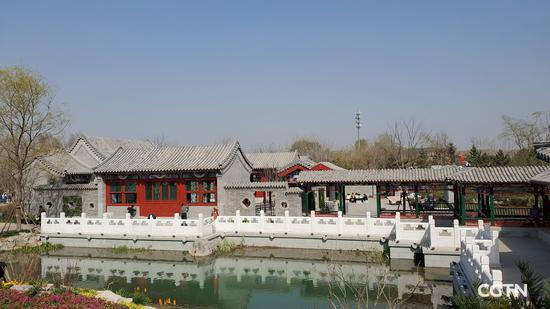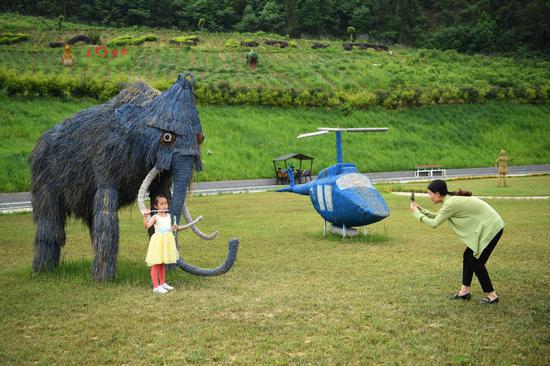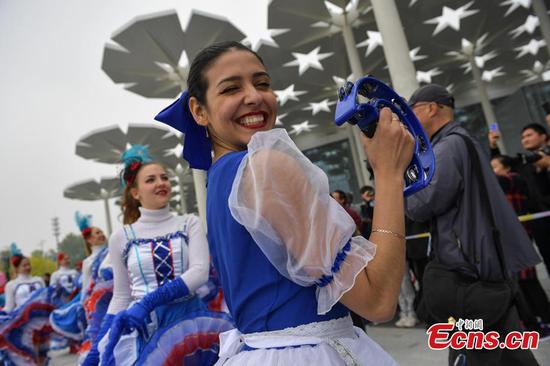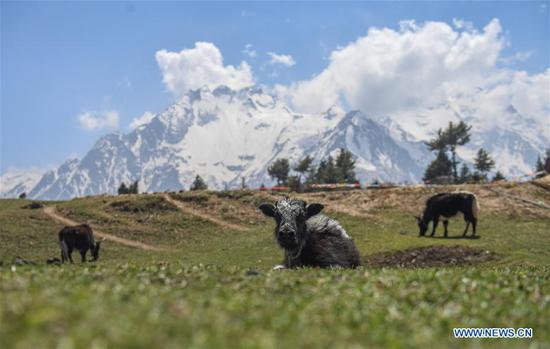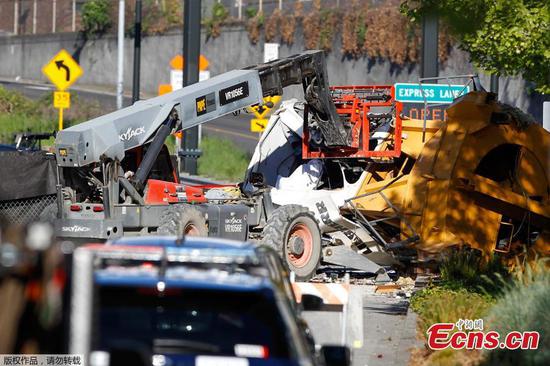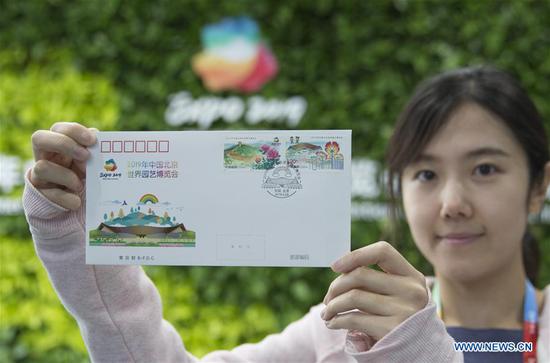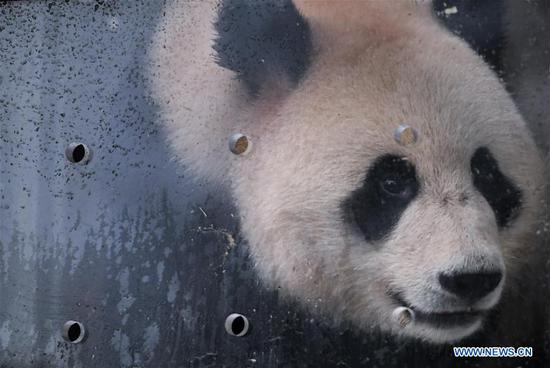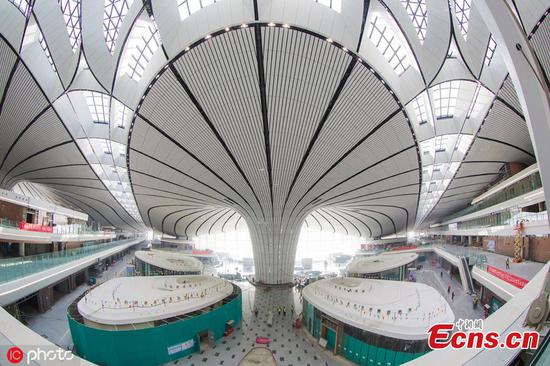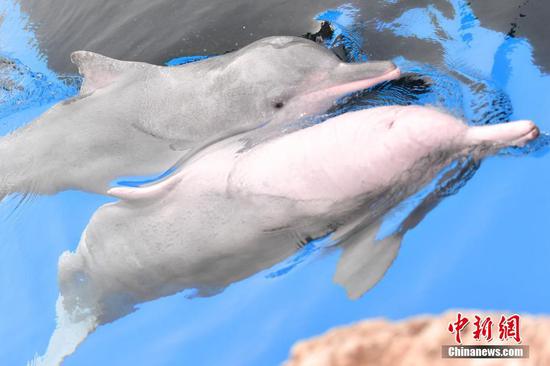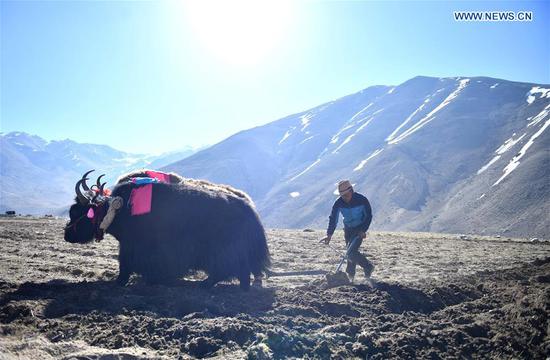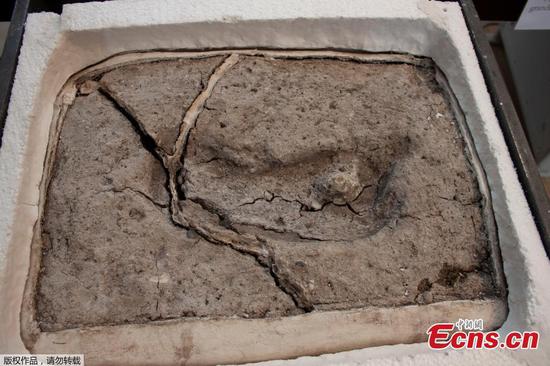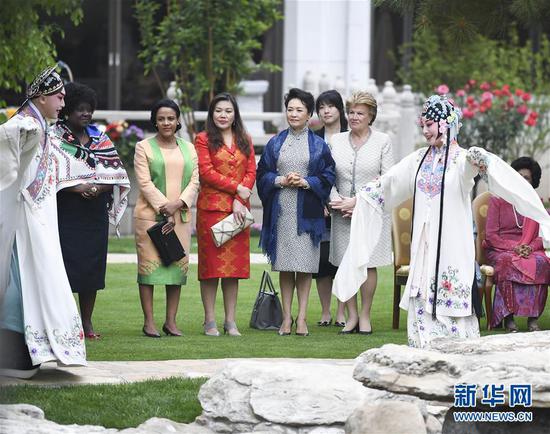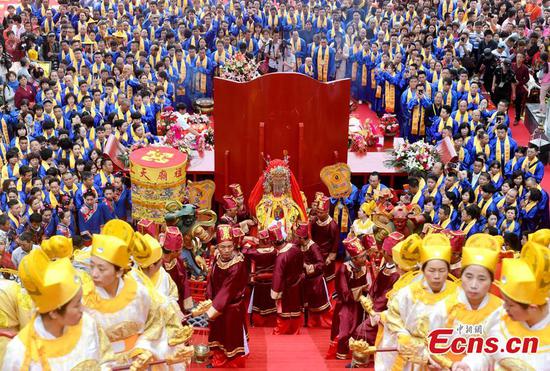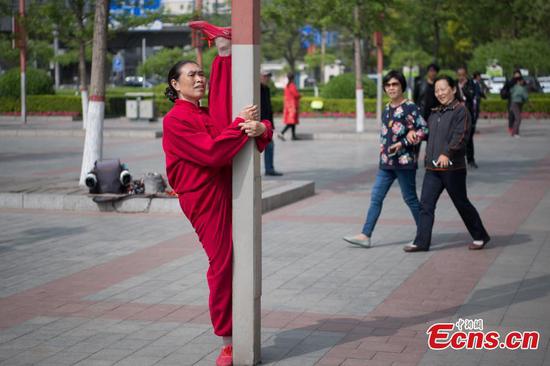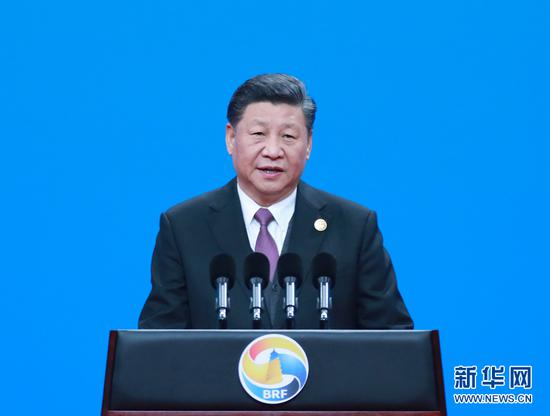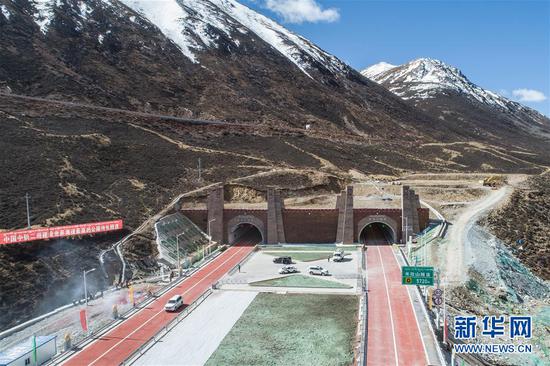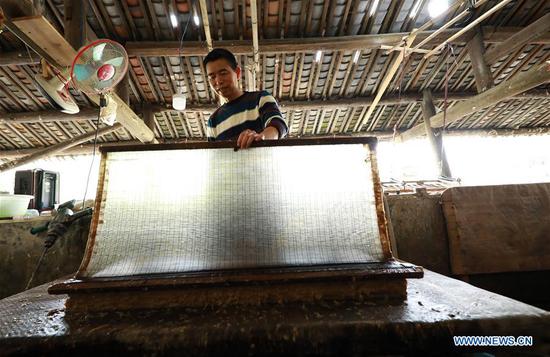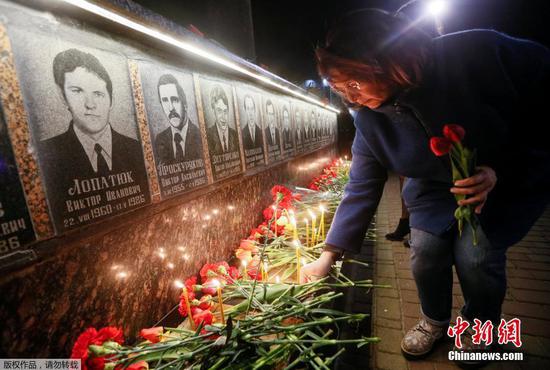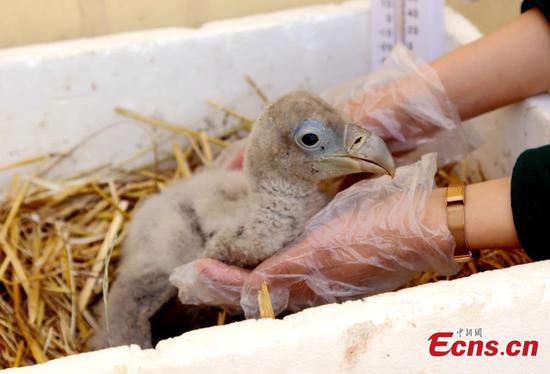Chinese nongovernmental groups have sowed seeds of goodwill across countries involved in China's signature Belt and Road Initiative as they seek stronger emotional ties with participants, according to the China NGO Network for International Exchanges.
The network, which was founded in 2005, said 20 of its 265 members worked with their counterparts in Cambodia last year in the latest efforts to promote humanitarian exchanges in BRI strongholds worldwide.
The 20 groups involved cover sectors including healthcare and education. Among the 11 agreements ironed out last year with local NGOs was a program called Xingfu Quan (translated as Spring of Happiness), which will see 200 deep wells drilled in the country's arid regions, the network said.
The NGOs are moving forward with China as it charges ahead with the multibillion-dollar BRI, which aims to make connections through infrastructure and trade.
It's part of the increased effort by the Chinese NGO sector to forge emotional ties with people in countries associated with the BRI, which the central leadership has stressed as crucial to the initiative's success.
The Silk Road NGO Cooperation Network, which was established in 2017 especially to connect with BRI participants, has attracted 310 groups worldwide so far. More than half the members are from outside China, it said.
Liu Kaiyang, deputy secretary-general of the China NGO Network for International Exchanges, said the network is growing and becoming more influential.
At the same time, the Silk Road NGO network seeks to be an information hub for its members, as well as a platform for coordination, according to its website. It also aims to improve the living standard of vulnerable groups and promote peace and development in participating in BRI areas.
Its dedicated members include the China Foundation for Peace and Development, which teamed up with a domestic NGO in Myanmar to build schools there, and a slew of medical organizations led by the China Charity Alliance, which funded cataract surgeries across Southeast Asia.
Other programs that are underway include a China Family Planning Association project that promotes sex education and popularizes AIDS prevention measures among youth in a number of countries, and one by the Chinese rescue force Ramunion to enhance capabilities for handling emergencies.
Liu said his office has worked to ensure that every program lives up to its standards and fits local conditions.
"We don't do what we want but rather what local residents ask us to do," he said.










